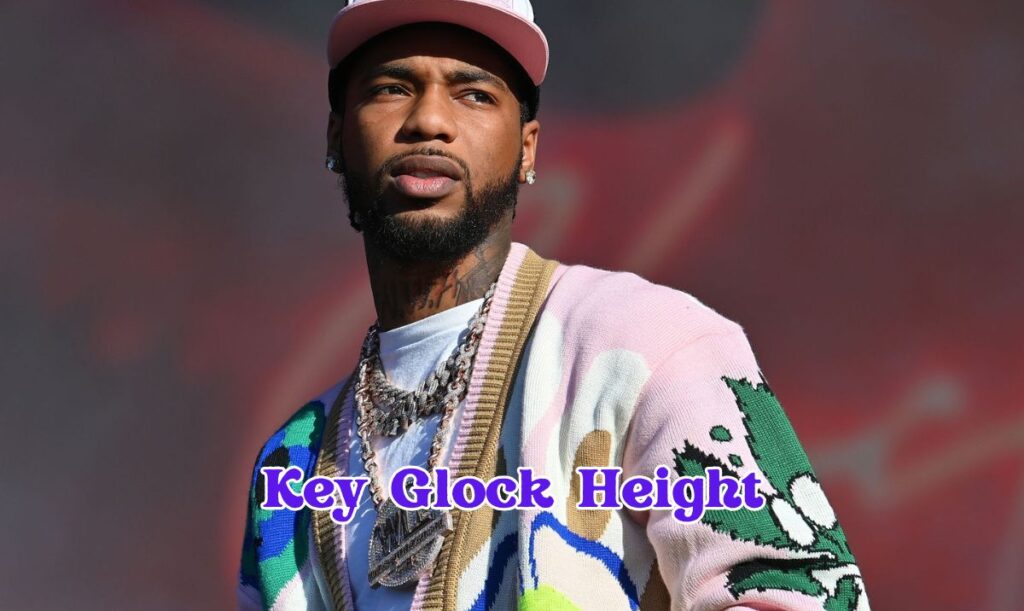Introduction to Derek Chauvin and His Net Worth
derek chauvin net worth, a former police officer in Minneapolis, Minnesota, rose to infamy following his involvement in the death of George Floyd in May 2020. This tragic event ignited widespread protests and a national conversation about racial injustice and police brutality. Chauvin was subsequently charged with murder and manslaughter, leading to a high-profile trial that captured the nation’s attention. The guilty verdict in April 2021 marked a pivotal moment in the ongoing struggle for social justice, ultimately raising questions not only about accountability but also about the implications for Chauvin’s financial future.
Understanding Chauvin’s financial standing involves analyzing various factors that contribute to an individual’s net worth. Net worth is defined as the difference between total assets and total liabilities. In Chauvin’s case, his career as a police officer, previously regarded as stable and well-paying, has been irreparably altered. Once employed with the Minneapolis Police Department for nearly two decades, Chauvin’s earnings would have typically reflected a solid middle-class income; however, his recent conviction and loss of employment have raised significant concerns about his financial security.
Legal fees constitute a substantial factor in Chauvin’s financial situation. The cost of defense during his trial was remarkably high, reflecting the complexities and public scrutiny surrounding the case. Additionally, civil lawsuits stemming from his actions may further erode any financial reserves he possesses. Public perception plays a crucial role as well; Chauvin has likely faced considerable reputational damage, which could influence his ability to secure future employment opportunities. Given these circumstances, analyzing Derek Chauvin’s net worth requires a nuanced understanding of how profession, legal battles, and public opinion contribute to his current financial standing.
Assessing Derek Chauvin’s Financial Situation Post-Trial
In the wake of Derek Chauvin’s conviction for the murder of George Floyd, it is essential to analyze the financial impact that this legal decision has had on his net worth. Prior to the trial, Chauvin was a Minneapolis police officer with a stable income, which contributed positively to his overall financial well-being. However, post-trial, the implications for his financial situation have been significant. With the conviction comes the looming threat of civil lawsuits from Floyd’s family and potentially others, which could necessitate substantial financial settlements and further deplete his net worth.
In addition to the civil suits, Chauvin’s employment as a police officer has effectively been terminated due to his conviction. This loss of income not only affects his ability to sustain his current lifestyle but also hampers any chance of future earnings in similar roles. The dramatic shift in public opinion against Chauvin has further complicated the situation; many organizations and individuals would likely distance themselves from him, reducing his potential for any form of employment or financial opportunities.
Chauvin’s pension is another critical aspect to consider in the context of his financial situation. Given the nature of his conviction, there is a considerable risk that his pension benefits could be revoked or reduced, further impacting his long-term financial security. Various factors, including state laws and the specific regulations governing law enforcement pensions, will play a role in determining whether he can retain any such benefits. In light of these circumstances, Chauvin’s financial future looks precarious as the interplay of these elements continues to unfold.

Comparative Analysis: Derek Chauvin’s Net Worth vs. Other High-Profile Cases
Understanding the financial implications for public figures embroiled in legal controversies can provide valuable insights into the effects of criminal cases on net worth. Derek Chauvin’s net worth, estimated before his conviction, must be examined in comparison to other high-profile individuals who have faced similar legal challenges. Notably, the financial trajectories of such figures often reflect the intertwining of public perception, legal outcomes, and media narratives.
For instance, O.J. Simpson’s highly publicized trial garnered extensive media coverage, significantly impacting his financial standing. Following his conviction for armed robbery and other charges in 2007, Simpson’s net worth evidently declined as he grappled with civil judgments from his earlier murder trial. This case highlights how legal consequences can lead to severe financial repercussions for even the most prominent public figures, as their perceived image shifts considerably in the public eye.
Similarly, following their legal battles, both Bill Cosby and R. Kelly experienced notable declines in their net worth. Cosby was jailed for sexual assault charges, while Kelly faced multiple counts of sexual misconduct. Media coverage played a pivotal role in altering public sentiment toward these individuals, often resulting in substantial financial fallout. In light of these cases, it becomes evident that the financial standing of individuals like Chauvin can be highly susceptible to public opinion influenced by legal judgments and media representation.
Overall, while Derek Chauvin’s net worth was previously defined by his career as a former police officer, following his conviction for murder, it is anticipated that his financial situation will similarly deteriorate. The comparative analysis of high-profile cases underscores the broader societal trends that dictate how media coverage, legal outcomes, and public perception collectively dictate the financial realities faced by individuals embroiled in criminal activities.
Future Implications for Derek Chauvin and His Financial Landscape
The conviction of Derek Chauvin in the case related to George Floyd’s death has wide-reaching implications for his financial standing and future prospects. Following the trial, it is anticipated that Chauvin’s net worth will be significantly impacted, not only due to potential fines and civil damages resulting from ongoing legal repercussions but also because of the challenges he may face in securing employment. Legal experts predict that Chauvin’s existing financial commitments will face scrutiny, leading to a potential drain on his resources.
While some speculate that Chauvin may seek opportunities in the legal field, such as focusing on criminal defense, the unique stigma and controversy surrounding his conviction could limit his options. Furthermore, public sentiment toward individuals associated with the case could influence any ventures he attempts to pursue. The nature of his actions and their repercussions demands a reassessment of his public image, making the road to financial recovery rather arduous.
Nonetheless, the future does not entirely paint a bleak picture; there may be avenues for Chauvin to rebuild both his financial condition and reputation. Engaging in rehabilitative programs, participating in community service, or delivering lectures on ethics and law enforcement could serve as potential pathways to demonstrate remorse and foster a degree of public acceptance. These actions may help mitigate negative perceptions tied to his conviction and open up new opportunities.
Beyond Chauvin himself, his case raises important questions regarding accountability within the justice system and the overarching financial responsibilities of public figures. The implications of his conviction extend to discussions about how similar cases in law enforcement are handled financially and ethically, shaping societal expectations around both accountability and rehabilitation. In conclusion,derek chauvin net worth financial landscape will likely be characterized by significant challenges and opportunities for growth as he navigates the aftermath of his conviction.




Leave a Reply